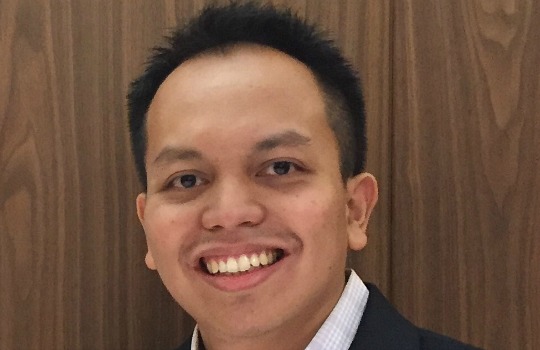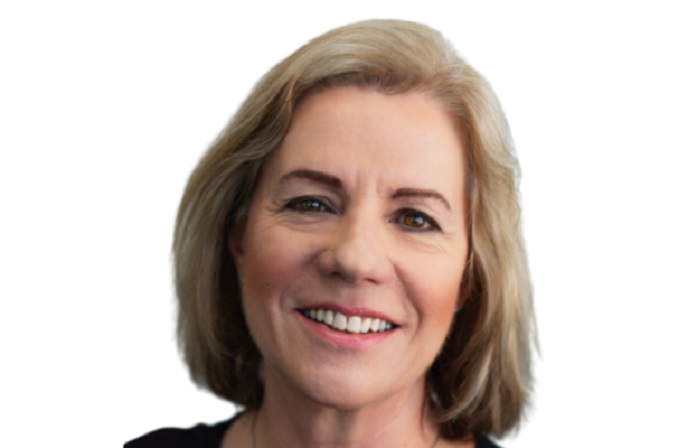
“Fintech comes with solutions which are not offered by conventional banking institutions, forcing banking to a tipping point and the need to rethink their digital strategy…”
FST Media: What are your business and digital priorities for the next 6 months?
Maharjaya: Accelerate mobile-first to allow for things to be more convenient for our customers and enhance further our core capabilities to be driven through mobile.
FST Media: Where will digital banking innovation be this time next year?
Maharjaya: I imagine it will have grown beyond the kind of digital services that we have right now, as some of new technologies are arriving to reshape the future of financial services. We have seen the use of biometrics, Blockchain is also just around the corner, and perhaps by next year, AI (Artificial Intelligence) will be taking part as well. It’s still going to be a very exciting journey ahead.
FST Media: How are fintech disrupters threatening the Indonesian banking industry?
Maharjaya: Well, we are all aware that lately the big wave of fintech start-ups arrived with disruptive technology that everyone is talking about. Investments in fintech in Indonesia have even grown exponentially in the recent years, and fintech comes with solutions which are not offered by conventional banking institutions, forcing banking to a tipping point and the need to rethink their digital strategy.
While many see fintech as a competition, not few who believe that disruptions actually serve as opportunities for the future. As such, banks in Indonesia have started to move forward to bring together their strengths and those of fintechs to develop, realize and scale revolutionary and beneficial solutions for the customers. Fintechs bring the agility and have the innovation edge that are very much sought after, while banks come equipped with clients, scale, as well as the infrastructure required to build the client solutions.
The development of Digital Banking capabilities has then further evolved from inquiries, transfers, account administrative and payments/purchases which are becoming hygiene features, towards establishing an ecosystem and collaborate with various partners, be it the national banking or payment systems, telco, e-commerce as well as fintech companies.
And I think this conversation shall continue as the work to transform customer experiences requires everyone involved to build the right mindset and culture to compete in the evolving financial services landscape. Collaboration is going to be the key.
FST Media: How are mobile payments changing the way Indonesians spend and save money?
Maharjaya: Mobile payments have become one of the key enablers to allow for e-commerce to grow in Indonesia. Although the usage may not be as vast as the growth of e-commerce transaction itself, it is currently moving along pretty steadily with the rise of mobile penetration in the country, and, slowly but surely plays a role in the shift in consumerism towards cashless society. It is still a developing market however, in the sense that there are still quite a number of Indonesians who remain tied to traditional banking to manage their financial assets. Well thanks to these innovations, consumers have access to more convenient and various options.
FST Media: What technology or innovation is currently the biggest game changer across financial services?
Maharjaya: It’s fintech, inevitably. Thanks to the extent of smartphone penetration in Indonesia and vast innovations in financial technology, the emergence of fintech are accelerating financial inclusion in such a way that we probably have never imagined before.
FST Media: How are you leveraging big data and analytics at Citi to create customer-centric products and services?
Maharjaya: Our customers are interacting through various touch points and at diverse geographies generating massive volumes of events, behaviors and moments of truth. Every interaction reveals something about our customers’ needs and experiences and we want to listen to what our customers tell us about their interests, intents, channel preferences and interactions and use that knowledge to deliver back remarkable products and experiences in the way they prefer. Our goal is to continually improve the experience and where it makes sense to tailor it to our customers’ needs.
Our marketing campaigns are optimized through real-time learning algorithms that dynamically respond to changes in the environment, offers and the customer profile. We use big data analytics to measure the success of our efforts by enabling us to merge profitability, cross channel potential and customer profile data. The insights are leveraged in product development, new digital capabilities and design development, marketing and media assessment, as well as in improved content, communications and performance of the applications.
The studies are also useful to suggest what types of campaigns should be offered to a specific group of customers and also when this campaign should be offered. In the process of constructing the target base, we run through the waterfall analysis and sample behaviors to ensure the campaign is being offered to the right base and at the right time.
FST Media: How does Citibank Indonesia work with fintech enablers?
Maharjaya: In 2015, Citi Global launched another Citi Mobile Challenge in Europe, the Middle East and Africa — and later on in Asia Pacific — to grow further our fintech ecosystem following two successful competitions in Latin America and the U.S. in 2014.
Citi Mobile Challenge was a global initiative which sought to leverage outside-in innovation to unleash the power of the tech community, develop new solutions and disrupt the way the bank innovates. Through this virtual competition, we asked developers to build new fintech solutions using Citi’s APIs, and to present their working prototypes at Demo Day events held throughout each region.
The success of Citi Mobile Challenge rests on the unique global ecosystem we have assembled to connect technology companies, startups and developers around the world. Our partners see the value in this and are excited to participate and contribute. We are actively choosing to source ideas from the outside and to leverage the small startup mentality to add value to our clients. Citi Mobile Challenge has produced an entirely new dimension of working prototypes that we can leverage to help us deliver truly remarkable experiences.
FST Media: What is the next big thing for Citi and how will you measure its success?
Maharjaya: We are continuously serving our customers with innovation and technology that make their life much more simpler, convenience, and safer.
FST Media: What career would you be in if you worked outside the finance industry?
Maharjaya: I’ve been die-hard Liverpool FC fan for a long time now, so a career in the English Premier League seems like a very exciting option to take … hahaha





